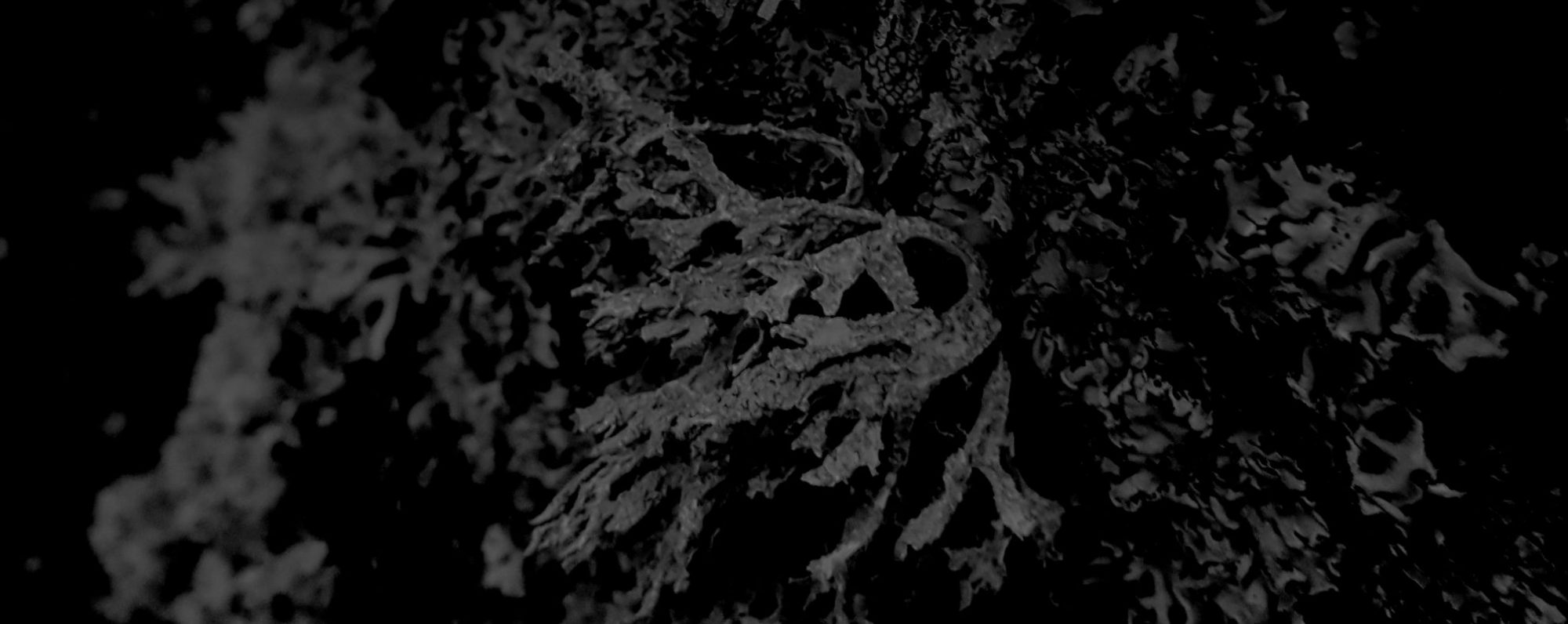Cfp: KKF 2019/2-3: Queer Death Studies
Call for Papers:
Queer Death Studies: Coming to Terms with Death, Dying and Mourning Differently
Special issue
Women, Gender & Research, 2019/2-3
Queer Death Studies (QDS) refers to an emerging transdisciplinary field of research that critically and (self) reflexively investigates and challenges conventional normativities, assumptions, expectations, and regimes of truths that are brought to life and made evident by death, dying, and mourning.
Since its establishment as a research field in the 1970s, Death Studies has drawn attention to the questions of death, dying, and mourning as complex and multifaceted phenomena that require inter- or multi-disciplinary approaches and perspectives. Yet, the engagements with death, dying and mourning, constitutive of conventional Death Studies’ investigations, tend to remain insufficient and reductive. They are often governed by the normative notions of: the subject; bonds between humans, as well as between humans and (their) animals; family relations and communities; rituals; and finally, experiences of grief, mourning, and bereavement. Moreover, these engagements are frequently embedded in constraining beliefs in life/death divides, constructed along the lines of conventional religious and/or scientific mind/body dualisms, characteristic of the Western cultural imaginaries.
Against this background, QDS offers a site for ‘queering’ traditional ways of approaching death both as a subject of study and philosophical reflection, and as a phenomenon to articulate in artistic work or practices of mourning. Here, the notion of ‘queer’ conveys many meanings. It refers to researching and narrating death, dying, and mourning in the context of queer bonds and communities, where the subjects involved/studied/interviewed and the relations they are involved in are recognised as ‘queer’. Simultaneously, the term ‘queer’ can also function as an adverb and a verb, referring thus to the processes of going beyond and unsettling (subverting, exceeding) binaries and given norms, normativities, and constraining conventions. In other words, ‘queer’ becomes both a process and a methodology that is applicable and exceeds the focus on gender and sexuality as its exclusive concerns.
This special issue invites academic as well as artistic contributions that focus on and explore the ways queer theory and queer perspectives can help us rethink death, dying, remains, afterlife, mourning and the life-death dichotomy.
The topics may include, but are not limited to:
– Queer methodologies of researching death, dying and mourning
– Queer practices of mourning and bereavement
– Materiality of death and corpses
– Death/life ecologies
– Necropolitics and borders
– Un/grievable lives and deaths
– Death and biotechnology/biomedicine
– Queering cancer and other life-threatening diseases
– Suicide
– Technologies of life/death
– Queer widowhood
– Decolonialising death
– Illness narratives and death
– Ethico-politics and practices of killability
– Nonhuman death and dying
– Extinction and annihilation
– Death and acts of resistance
– ‘Slow death’
– Queering temporalities of death
– Queer spiritualities
Editors:
Marietta Radomska, postdoc, Linköping University, Sweden
Tara Mehrabi, postdoc, University of Turku, Finland
Nina Lykke, professor emerita, Linköping University, Sweden
Deadline for abstracts (max 300-word + up to 100 word author bio): June 25, 2018
Deadline for articles: December 1, 2018
All contributions must be in English and should be submitted to: redsek@soc.ku.dk
Guidelines for contributors: http://koensforskning.soc.ku.dk/english/kkof/guidelines/
For more information about the journal Women, Gender & Research / Kvinder, Køn & Forskning, see:
http://koensforskning.soc.ku.dk/kkf or http://koensforskning.soc.ku.dk/english/kkof
See also: http://koensforskning.soc.ku.dk/english/kkof/call-for-papers/cfp-kkf-20192-3-queer-death-studies/


Reblogged this on Marietta Radomska.
LikeLike